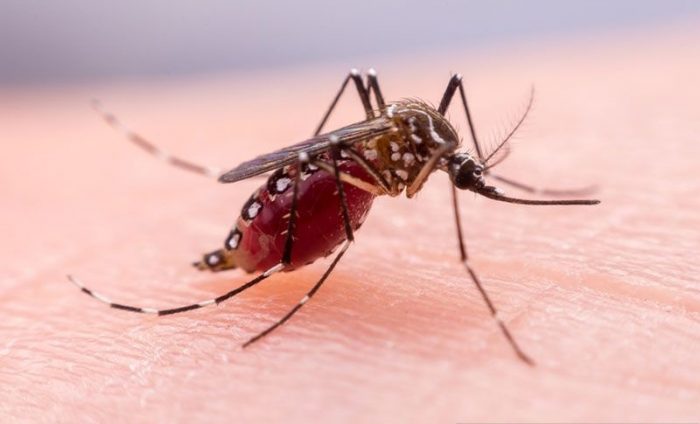London, MISTAR.ID
Bed nets treated with a new type of insecticide reduced malaria cases in children by nearly half in a large trial in Tanzania, according to research in The Lancet.
The results of the research raise hopes for a new weapon in the fight against this ancient killer disease. Bed nets have been instrumental in the rapid progress the world has made in recent decades against malaria with millions of lives saved.
However, that progress has been hampered in recent years, in part because the mosquitoes that spread the infection are becoming increasingly resistant to the insecticides used in existing mosquito nets. In 2020, 627,000 people died from malaria, mostly children in sub-Saharan Africa.
Also Read:President Jokowi’s Camp Area at IKN Sterile from Malaria
Now, researchers at the London School of Hygiene and Tropical Medicine (LSHTM) in the UK, the National Institute for Medical Research and Kilimanjaro Christian Medical University College in Tanzania, and the University of Ottawa in Canada have demonstrated that a new insecticide, a first in 40 years, safe and effective in real-world randomized trials.
Bed nets treated with chlorfenapyr and pyrethroids, the chemicals commonly used, reduced malaria prevalence when compared with existing bed nets by 43 percent in the first year and 37 percent in the second year of the trial.
The study involved more than 39,000 households and followed more than 4,500 children aged 6 months to 14 years.
Also Read:Fight Malaria, Scientists Map Mosquito Immune System
The nets developed by BASF in Germany and LSHTM, are slightly more expensive than current ones, at around three US dollars (Rp 40,015) per piece, but researchers say the rescue in preventing cases outweighs the initial spending increase.
Chlorfenapyr works differently from pyrethroids, effectively paralyzing mosquitoes by causing wing cramps and rendering them unable to fly which in turn bites and causes infection.
The chemical was first proposed for use against malaria 20 years ago and has been used for pest control since 1990.
The World Health Organization (WHO) has prequalified the use of new bed nets, but trials, funded by the UK Government and the Wellcome Trust, could lead to broader recommendations for their use.
Also Read:Watch out! Anti-malarial drug hydroxychloroquine increases risk of death in Covid-19 patients
“This is the first evidence under real-life conditions,” Jacklin Mosha, lead author of the study from the National Institute of Medical Research, Tanzania, told Reuters.
As the malaria vaccine advances, which was approved by the WHO last year, the team says bed nets could become another tool in the malaria toolbox.
However, they caution that it is important to ensure that mosquitoes do not quickly develop resistance to chlorfenapyr if used widely.

